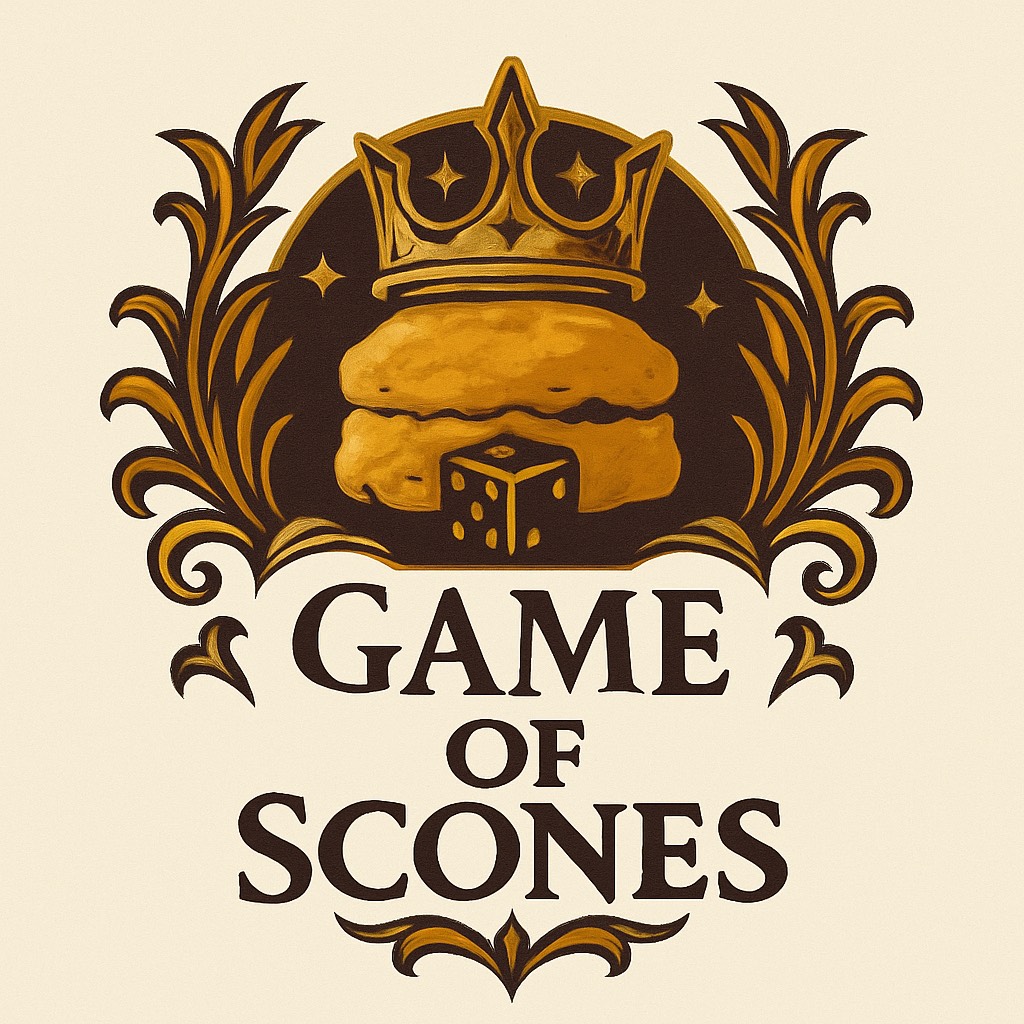1. Statement of intent
Game of Scones is committed to the welfare and safeguarding of all children and young people who attend our café, participate in our events, or engage in our board‑games activities. We recognise our responsibility to promote safe environments, prevent abuse (including physical, emotional, sexual harm, and neglect), and respond appropriately if concerns arise.
We will safeguard children and young people by:
- Adopting child protection guidelines through a code of behaviour for all staff and volunteers.
- Sharing information about child protection and good practice with children, parents/carers, staff, and volunteers.
- Sharing concerns with relevant agencies and involving parents/carers and children appropriately.
- Following safe recruitment procedures in the appointment of staff and volunteers.
- Providing appropriate supervision, support, and training for staff and volunteers.
- Reviewing this policy and our practices regularly (at least every three years).
2. Scope
This policy applies to all children and young people (under the age of 18) attending Game of Scones activities, including but not limited to board‑game sessions, café visits associated with our services, tournaments, or special events.
This policy also applies to all staff, volunteers, trustees/board members, contractors, and any other adult working on behalf of Game of Scones.
3. Definitions / Types of abuse
Neglect – persistent failure to meet a child’s basic physical and/or psychological needs likely to result in serious impairment of health or development.
Physical abuse – may involve hitting, shaking, throwing, poisoning, burning, scalding, drowning, suffocating, or otherwise causing physical harm.
Sexual abuse – involves forcing or enticing a child or young person to take part in sexual activities, whether or not the child is aware of what is happening.
Emotional abuse – the persistent emotional maltreatment of a child that causes severe and persistent adverse effects on their emotional development.
Peer‑on‑peer abuse – includes serious bullying (including cyber‑bullying), relationship abuse, youth violence, harmful sexual behaviours, and prejudice-based violence.
4. Code of behaviour for staff, volunteers and trustees
All staff, volunteers, and trustees of Game of Scones must:
- Treat children and young people with respect and dignity.
- Listen to and take children seriously.
- Value each child or young person and encourage them.
- Use appropriate language at all times.
- Respect a young person’s right to privacy.
- Avoid spending excessive amounts of time alone with children; ensure interactions occur in view of others.
- Ensure one-to-one meetings are transparent and in open view where possible.
- Never engage in sexually provocative or rough physical games, including horseplay.
- Never allow or engage in inappropriate touching.
- Be aware that even well-intentioned actions may be misinterpreted.
- Never exaggerate or trivialise child abuse issues or make suggestive remarks or gestures.
- Recognise that good communication is essential; concerns must be shared appropriately while maintaining confidentiality.
5. Safe recruitment, induction, and training
Game of Scones will:
- Use appropriate safer recruitment processes when selecting staff and volunteers (including checks, references, disclosure where required).
- Provide an induction for all new staff/volunteers, including briefing on child protection policy and procedures.
- Ensure that the designated person(s) for child protection receive appropriate training (every 2 years), and that all staff and volunteers receive regular refresher training (at least every 3 years).
- Keep a record of training undertaken and monitor completion.
6. Designated Child Protection Persons
Names: Ryan Pritchard, Charlotte Millward, Beth Russell
Contact details: safeguarding@game-of-scones.co.uk
Important external contacts:
| Service | Contact Details |
| Herefordshire MASH (Multi-Agency Safeguarding Hub) | 01432 260800 (8:45 – 17:15 Mon–Thu, 8:45 – 16:45 Fri) |
| Herefordshire LADO (Local Authority Designated Officer) | 01432 261739 · LADO@herefordshire.gov.uk |
Note: The DCPP should contact MASH immediately if there is reason to believe a child has been harmed or is at risk of significant harm. Any allegations against staff, volunteers, or trustees must also be reported to the LADO.
7. Procedures for reporting concerns, disclosures or allegations
- Record all relevant details as soon as possible:
- Child/young person’s name, date of birth or age, home address, parent(s)/carer(s) details.
- Who raised the concern (name, role).
- What has prompted the concern (dates, times, incident(s)).
- What was said by the child/young person (use their words where possible).
- Witness details, if any.
- Details of any alleged abuser.
- Action taken, including reporting and outcomes.
- The DCPP will consider the information and, if there is reason to believe a child has been harmed or is at risk of significant harm, contact MASH immediately.
- Maintain confidentiality; share information only on a strictly “need-to-know” basis.
- If the allegation concerns a staff member, volunteer, or trustee, report immediately to the DCPP who will contact the LADO.
- Keep records securely (separate files, locked storage, access limited to DCPP).
- If a child makes a disclosure:
- Listen and accept what is said.
- Do not promise confidentiality.
- Do not investigate or ask leading questions.
- Reassure the child without making promises you can’t keep.
- Record the discussion accurately, using the child’s words if possible.
8. Record-keeping and confidentiality
- Safeguarding records will be maintained in secure files, stored separately and locked. Only the DCPP (or their deputy) will have access.
- Records will be kept in line with data-protection legislation.
- Confidentiality is paramount, but child protection overrides confidentiality.
9. Use of digital media, photography, and social media
- Parental/carer consent will be obtained for photographs or videos.
- Images will be appropriate and respectful.
- Staff and volunteers will not post images on social media without consent.
- Online interactions will follow the code of behaviour.
- Concerns about online behaviours (cyber-bullying, grooming, exploitation) are treated as safeguarding issues.
10. Review of policy
This policy will be reviewed at least every three years (or earlier if legislative/regulatory changes occur, or a significant safeguarding incident arises).
Last reviewed: 02/11/2025
Next review due: 02/11/2028
Approved by: Ryan Pritchard
Date: 02/11/2025
